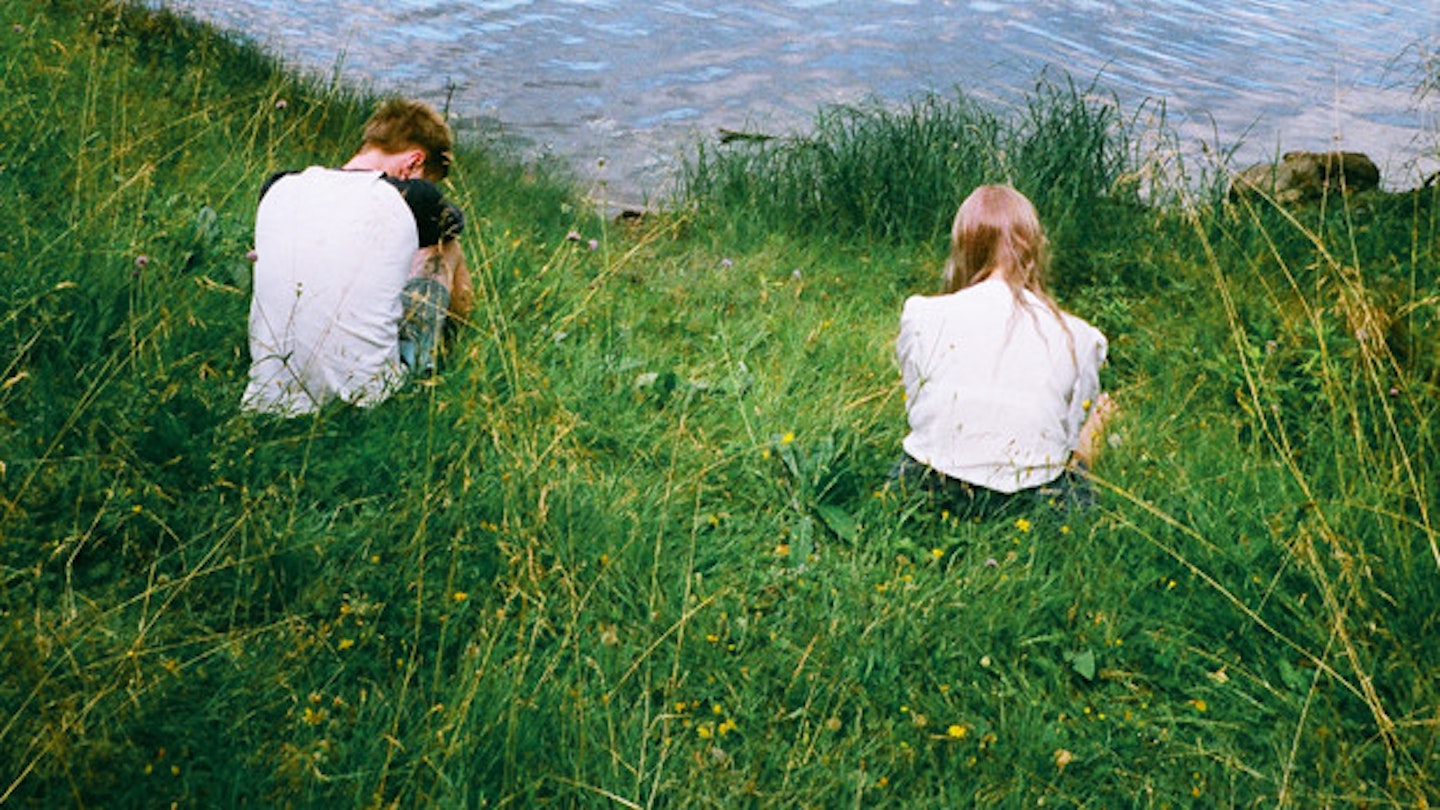Breaking up is hard to do. Awkwardness and being at a loss for plans are probably the best outcomes you can hope for in the immediate aftermath; gut-wrenching pain, emptiness and visceral longing are the ones that make us shudder.
Among the well-intentioned but often useless words of encouragement from friends is usually the old adage of ‘Boys/girls come and go, friends are forever.’ Meaning you will eventually see the light again and your mates will always be there for you.
It’s a comforting thought and has definitely saved me in past moments of heartache, and proven to be true. But what happens if you’re not breaking up with a love interest, but with a friend? What becomes of the phrase then? Basically anyone in your life can come and go? Not as comforting.
There are many types of friendships: party friends, childhood friends, work friends, friends of friends, friends/lovers, and best friends. Friends that make you genuinely wonder if you weren’t separated at birth, and make you count your blessings that you found each other. Soulmates.
Losing any of them sucks and no matter how fleeting the friendship, it’s a sad feeling when you can’t just send an ‘I’m bored, pub?’ text to someone with whom you’ve shared the bits of your life.
Whether you’re quarrelling with a mate or having issues with your gang, here are a few things to consider if you’re breaking up with a friend.
All you need is time
Maybe. Ask yourself if either person in the relationship is going through extraordinary circumstances, warranting extraordinary patience. Sometimes stepping back temporarily is enough to allow the relationship to normalise, once any unexpected external stress factors have disappeared or lessened. This may takes months or even years, but you can always come back to the relationship.
Irene Figueroa, 27, says, ‘Once the initial resentment dissipates, it’s easier to look at that person and still love your friend for what was once there.’
Give it a 110%
One of the worst things post-break-up is a lingering sensation of knowing you could have done more to save the relationship. It’s important for the healing process to have a clean conscience about your behaviour. While you’re angry or upset it’s easy to just want to fold and walk away, but you might feel guilty later if you know you could’ve done more.
‘I suppose I could have pushed to stay in contact initially, but I felt as though I would be a nag,’ says Ashley Hickman. You probably aren’t, but even if you are, at least you know you put in your best effort.
Ch-ch-ch-changes
Turn and face the stranger who is your friend. It’s inevitable that our behaviours, attitudes, priorities change as we age, and those changes will likely affect our relationships. Some people we befriend during childhood we probably wouldn’t like if met now, to be honest, but sometimes the bond and the history are enough to keep it going. Sometimes it’s not, and some people handle change better than others.
‘My friend launched her own, now successful, business, met a new boyfriend and suddenly she seemed not to need her old friend any more,’ says Ashley.
Not cool. Change can be a good thing, but when it comes to things like differing financial success, for example, it’s easy for dynamics to suffer. The important thing is to remember the people who’ve made you laugh and added to your life in the past, which should make you want to keep them around in some way.
Don’t take people for granted
A promise of never-ending friendship is not a pass to careless-ville. As with any relationship, even family ties, friendships always need your attention and sometimes your effort. You can’t get away with being a shit friend just because there is some unwritten agreement that says you’ll be friends no matter what.
Irene says she’s learned precisely this from previous friend fall-outs: ‘Sometimes we get comfortable and we think our people will be in our lives forever. It’s not always the case. However comfortable, friendships need to be taken care of.’
Think about your own behaviour and whether it reflects how much you care about this person or group of friends. Can you really blame just them for any existing tension?
Do you think you’re better off alone?
As with any relationship, sometimes it’s best to let go. In the easiest case, you’re rid of someone who was causing you stress. In the hardest, you’ve freed yourself from a bad influence. Other times friends fail to be friends during the most crucial moments, and you can’t really forgive it.
‘She didn’t even phone me when my father passed away. I suppose that was the final straw for me,’ says Ashley.
It’s a good exercise to step outside yourself for a moment and really evaluate the relationship and make a decision, rather than get increasingly annoyed after each let-down or argument. If more grief has come out of the friendship than anything else, it may be time to start accepting that it’s reached its peak.
Ralph Waldo Emerson famously said, ‘The best way to have a friend is to be one.’ The occasional stumble is normal, but friendships should ultimately be a mutual source of joy, peace and enrichment. For both of you.
Like this? You might also be interested in...
Follow Nina: @nination
This article originally appeared on The Debrief.
